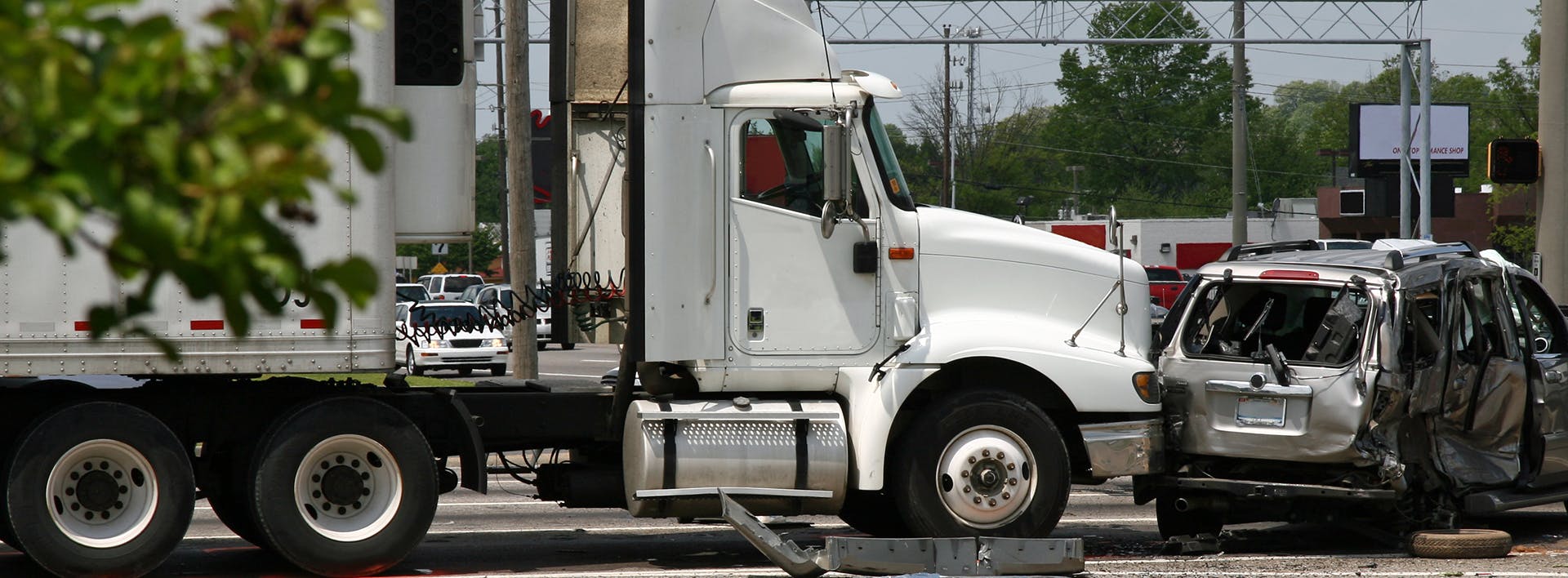WHAT’S A SEMI-TRUCK “BLACK BOX,” AND HOW CAN YOU USE ONE IN MY CASE?
A semi-truck "black box," also known as an Event Data Recorder (EDR) or Electronic Control Module (ECM), is a device installed in commercial trucks that records crucial operational data. This data can include the following information:
- The truck's speed
- Braking patterns
- Engine performance
- Driver activities just before, during, and after a crash
Much like the black boxes in airplanes, these devices are instrumental in reconstructing events leading up to an accident, providing invaluable insights into the factors contributing to a collision.
Using a semi-truck black box in your Chicago truck accident case can significantly strengthen your legal claim. For example:
- The data from the black box can help establish critical facts, such as the truck's speed, brake application before the crash, and any mechanical issues
- This information can be crucial in proving negligence or wrongdoing by the driver or the company
- If the black box data shows the driver exceeded mandated hours of service, it could demonstrate driver fatigue, holding the company accountable for pushing their drivers beyond safe limits
Acting quickly is crucial to using black box data effectively in your truck accident case. The trucking company controls the black box; data alteration or destruction is possible if it is not preserved promptly.
Your attorney can issue a spoliation letter to legally obligate the company to preserve the data and other evidence. Once preserved, your legal team can work with experts to download and analyze the data, supporting your claim for compensation in court.







